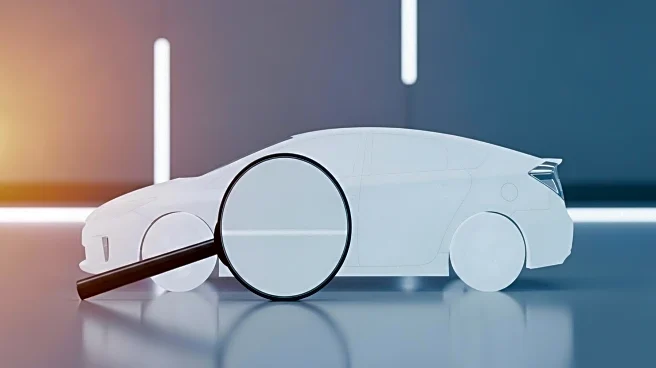What's Happening?
Toyota has publicly stated that mild-hybrid vehicles, which utilize a 48-volt-assisted system, should not be classified as true hybrids. Sean Hanley, Vice President of Sales and Marketing at Toyota Australia, emphasized the need for automakers to clarify the distinctions between different hybrid technologies to avoid misleading consumers. Despite this stance, Toyota has marketed 48-volt vehicles as hybrids in certain regions, such as Europe, where models like the Land Cruiser Hybrid 48V and Hilux Hybrid 48V are available. These vehicles feature an electrified powertrain with an electric motor-generator replacing the conventional alternator, offering modest efficiency gains and reduced emissions.
Why It's Important?
The debate over hybrid classifications is significant as it impacts consumer understanding and regulatory compliance in the automotive industry. Clear distinctions between hybrid types are crucial for consumers making informed purchasing decisions, especially as emissions regulations become more stringent. Automakers like Toyota play a pivotal role in shaping public perception and industry standards. The company's stance may influence other manufacturers to reconsider how they market mild-hybrid systems, potentially affecting sales strategies and consumer trust.
What's Next?
Toyota's call for clearer terminology may prompt industry-wide discussions on hybrid classifications, potentially leading to revised marketing strategies and regulatory guidelines. Automakers might need to adjust their product offerings and communication strategies to align with clearer definitions, impacting future vehicle development and consumer education efforts.
Beyond the Headlines
The broader implications of this debate touch on environmental policy and the automotive industry's role in reducing carbon emissions. As mild-hybrids offer limited efficiency improvements compared to full hybrids, their classification could influence government incentives and consumer adoption rates, affecting the industry's transition to greener technologies.










